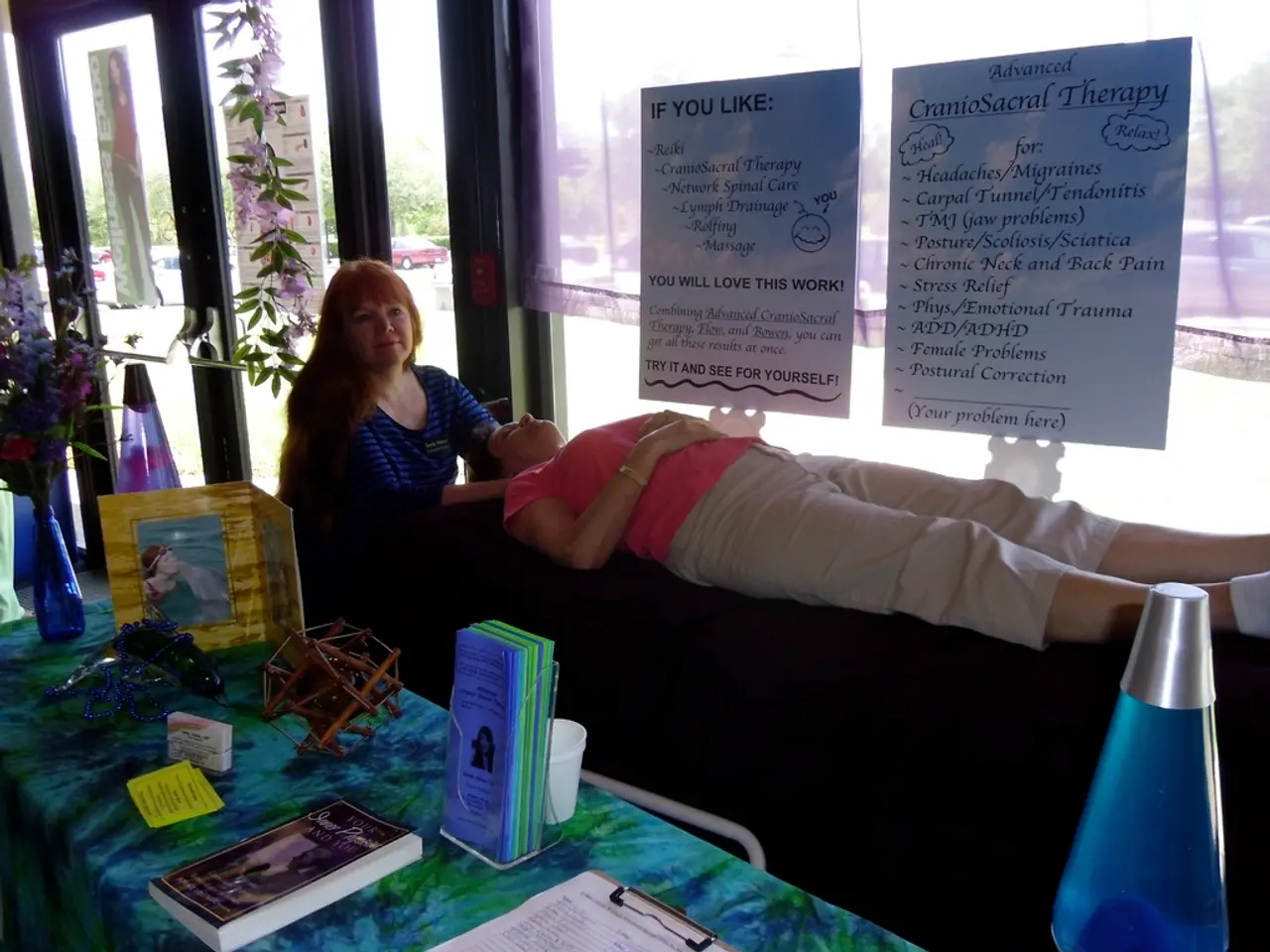Understanding Delusions: Categories, Therapies, and Further Details
Understanding Delusions: Causes, Risks, and Treatment
Delusions, irrational and fixed beliefs that are not based on reality, can be a distressing and confusing experience for those affected and their loved ones. This article aims to provide a comprehensive overview of the common causes, associated risks, and treatment options for delusions.
Delusions tend to fall into several categories, such as religious delusions, erotomanic delusions, delusional jealousy, and somatic delusions. For instance, delusional jealousy may lead one to believe their romantic partner is unfaithful, while somatic delusions might involve the belief that an external force is controlling bodily functions or sensations.
Psychosis, a mental health condition characterised by confused and disturbed thoughts, hallucinations, and delusions, can be a result of various factors. These may include mental health conditions, such as schizophrenia, bipolar disorder, and mood disorders; substance use, including stimulants, hallucinogens, alcohol, cannabis, and sedatives; trauma or physical injury; and certain neurological and neurodegenerative diseases, such as dementia, epilepsy, Parkinson's disease, and brain tumors.
Individuals with bipolar disorder may experience psychosis, particularly during manic episodes, and are more likely to have delusions of grandeur. Schizophrenia, a brain disorder, is another condition associated with delusions, difficulty with thinking, and hallucinations.
Consulting a healthcare professional can help determine the cause of delusions and recommend a personalized treatment plan. Treatment may involve antipsychotic medications, psychotherapy, or a combination of the two. Group therapy can also be a beneficial treatment option for those experiencing delusions.
Research suggests that an individual's social and cultural environment can influence delusions. For example, the National Health Service (NHS) of the United Kingdom notes that individuals with schizophrenia may develop delusions in response to hallucinations.
When supporting someone with delusions, it is generally ineffective to try to talk them out of their beliefs. Instead, remaining calm, listening with an open mind, and avoiding reinforcing or legitimizing their delusions is recommended.
In summary, delusions can arise from complex interactions involving brain pathology, chemical imbalances, substance effects, and genetic and environmental vulnerabilities. Psychotic symptoms, including delusions, are often secondary to medical conditions or psychiatric disorders that disrupt normal brain function. It is crucial to seek professional help if you or someone you know is experiencing delusions.
Read also:
- Inadequate supply of accessible housing overlooks London's disabled community
- Strange discovery in EU: Rabbits found with unusual appendages resembling tentacles on their heads
- Duration of a Travelling Blood Clot: Time Scale Explained
- Fainting versus Seizures: Overlaps, Distinctions, and Proper Responses








